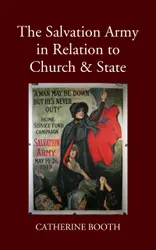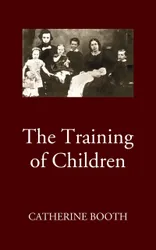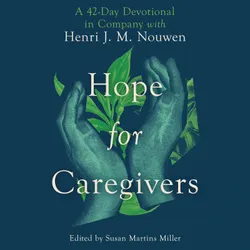The first and most common objection urged against the public exercises of women, is, that they are unnatural and unfeminine. Many labour under a very great but common mistake, viz., that of confounding nature with custom. Use, or custom, makes things appear to us natural, which, in reality, are very unnatural; while, on the other hand, novelty and rarity make very natural things appear strange and contrary to nature. So universally has this power of custom been felt and admitted, that it has given birth to the proverb, “Use is second nature.” Making allowance for the novelty of the thing, we cannot discover anything either unnatural or immodest in a Christian woman, becomingly attired, appearing on a platform or in a pulpit. By nature she seems fitted to grace either. God has given to woman a graceful form and attitude, winning manners, persuasive speech, and, above all, a finely-toned emotional nature, all of which appear to us eminent natural qualifications for public speaking. We admit that want of mental culture, the trammels of custom, the force of prejudice, and one-sided interpretations of Scripture, have hitherto almost excluded her from this sphere; but before such a sphere is pronounced to be unnatural, it must be proved either that woman has not the ability to teach or to preach, or that the possession and exercise of this ability unnaturalises her in other respects; that so soon as she presumes to step on the platform or into the pulpit she loses the delicacy and grace of the female character. Whereas, we have numerous instances of her retaining all that is most esteemed in her sex, and faithfully discharging the duties peculiar to her own sphere, and at the same time taking her place with many of our most useful speakers and writers. Why should woman be confined exclusively to the kitchen and the distaff, any more than man to the field and workshop? Did not God, and has not nature, assigned to man his sphere of labour, “to till the ground and to dress it?” And, if exemption is claimed from this kind of toil for a portion of the mail sex, on the ground of their possessing ability for intellectual and moral pursuits, we must be allowed to claim the same privilege for women; nor can we see the exception more unnatural in the one case than in the other, or why God in this solitary instance has endowed a being with powers which He never intended her to employ.
Female Ministry

The Salvation Army in Relation to Church & State
Catherine Booth
book
The Training of Children
Catherine Booth
book
Practical Religion
Catherine Booth
book
Godliness : being reports of a series of addresses delivered at James's Hall, London, W. during 1881
Catherine Booth
book
Popular Christianity
Catherine Booth
book
Aggressive Christianity
Catherine Booth
book

The Revelations of Divine Love
Julian of
audiobook
Hope for Caregivers : A 42-Day Devotional in Company with Henri J. M. Nouwen
Henri Nouwen
audiobook
Living the Message : Daily Help for Living the God-Centered Life
Eugene H. Peterson
audiobook
Du i vilken vi andas : Betraktelser
Johan Bonander
audiobook
Jesus var också flykting
Micael Grenholm, Stefan Swärd
book
Mere Christianity
C.S. Lewis
audiobook
Mitt liv i dina händer
Wilfrid Stinissen
book
Kristungen
Malin Aronsson
audiobookbook
Världens vackraste berättelse
Daniel Röjås
audiobook
Gay tjej, god Gud : historien om vem jag var och vem Gud alltid har varit
Jackie Hill Perry
audiobook
Nya Testamentet - The Message på svenska
Eugene Peterson
book
Genom krig & fred
Isabella Stakset
audiobook
